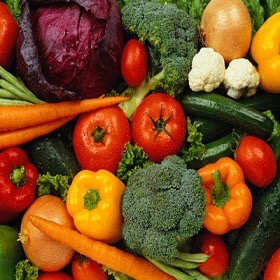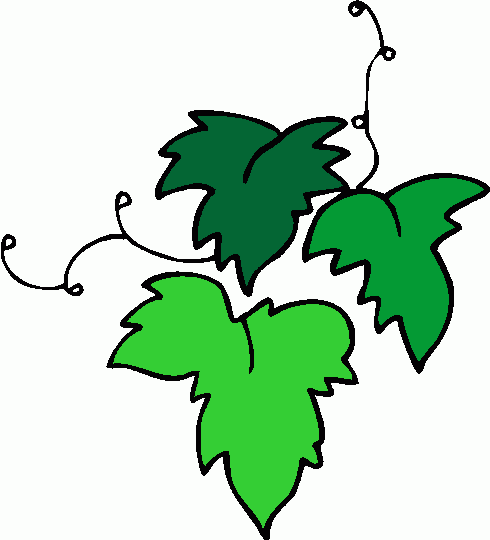Nutritionist Simone Benedetti from local clinic the Aston Clinic gives advice on buying organic

This is a question I often get asked, and why I’ve wanted to write this short blog to help people when deciding between organic and non-organic.
I often tell my patients the two main reasons why you should buy organic food is due to:
Pesticide residues (mostly used for fruit and vegetables growth and production.
Hormones and antibiotics (mostly administered to animals for a greater and faster growth).
While we can try to get rid of pesticides by washing or peeling our fruit and cooking vegetables. We cannot avoid ingesting residuals of hormones and antibiotics, when they are within the animal products on our table. I highly recommend all my patients to buy organic animal products such as:
Meat (beef, ideally grass fed and chickens organic or free range.)
Milk
Dairy products such as cheese and yoghurt
Eggs (free range are also safe)
Local farms may be a safer solution as well as researching what treatments they administer, or feed to animals.
Fruit
There are endless lists and material advising what fruit and vegetables are particularly contaminated, and they are often contradictory depending on the source. The best recommendation for fruit is to buy fruits with the skin on and peel it before consuming (i.e. bananas, tangerines, oranges, mango, kiwi, papaya, melon, etc.). An exception however is for apples, which are currently on the black list for being the most contaminated.
However, my top tip is to clean fruit with the skin before eating with salt and water.
The salt removes the pesticides.
Vegetables
If we consume them raw (e.g. peppers, lettuce, tomatoes, spinach etc,) I would also recommend washing them with salt and water. Vegetables like courgette, potatoes, broccoli, cauliflower, asparagus, mushrooms, washing them with water and blanch/cook them is another efficient way to remove residue.
For more information on this contact Simone on 0208 9423148 at the Aston Clinic or email hello@astonclinic.co.uk
